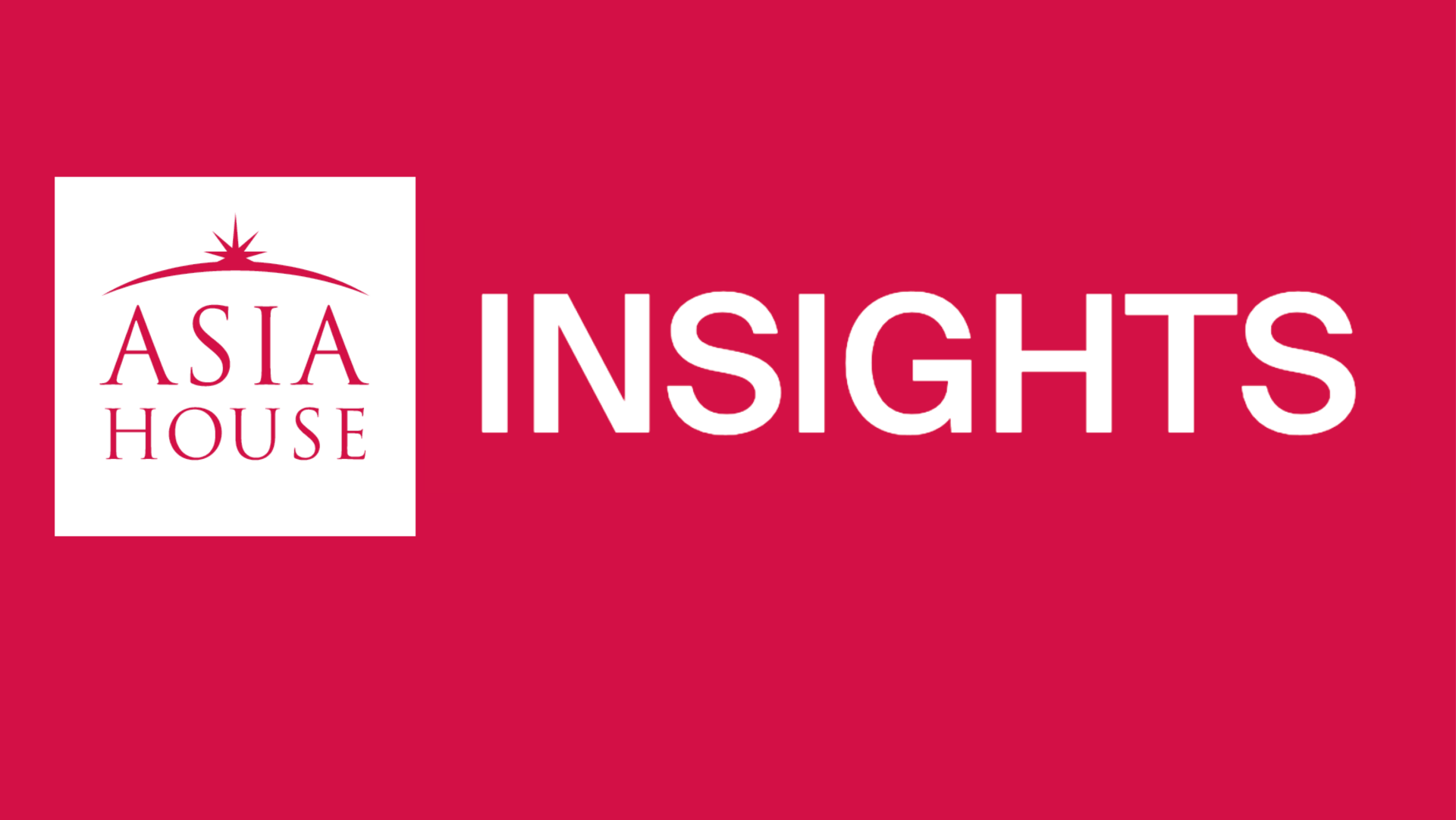Driving commercial and political engagement between Asia, the Middle East and Europe
Driving commercial and political engagement between Asia, the Middle East and Europe
Driving commercial and political engagement between Asia, the Middle East and Europe

Isabelle Meere, Advisory Associate
Analysis from Asia House Advisory
Going into his second term, there is optimism that incumbent Indonesian President Joko Widodo (Jokowi) will be less constrained in his pursuit of reform and development.
Jokowi is confirmed as the winner of the Presidential election, winning 55.5 per cent of the vote, against rival Prabowo who garnered 44.5 per cent. Jokowi almost doubled his winning margin over Prabowo from the 2014 election and his coalition is set to increase its majority in the national legislative assemblies. Although Prabowo is challenging the decision in the Constitutional Court, he has little to no chance of success.
The priorities from Jokowi’s first term – infrastructure development, economic growth and socioeconomic equality – will continue for the next five years. He is also aiming to achieve GDP growth of over 5 per cent and work towards becoming the fifth largest economy in the world by 2045, under the 2045 Indonesia Vision. In order to achieve this, Jokowi will need to make significant advances in promoting foreign direct investment (FDI), reduce the twin current account and trade deficits and maintain the value of the rupiah.
The administration has already announced several policies aimed towards these goals, including:
Despite these policies, structural reforms are also needed to achieve Indonesia’s long-term economic growth potential. The most necessary reforms include removing regulatory barriers to trade, liberalising restrictive labour laws and reducing the dominance of State-Owned Enterprises (SEOs) in the economy. Reform in these areas would increase productivity and improve the chances of attracting the necessary capital to fund the badly needed infrastructure development, which in turn would stimulate further economic growth.
Although Jokowi has indicated he has the will to undertake necessary structural reforms, political and vested interests will make them difficult to implement. Jokowi’s coalition has a majority in parliament, however catering to all coalition partners will be tricky in Indonesia’s factional parliament. Business tycoons, SOE leaders and the bureaucracy will all seek to safeguard their own interests and thereby pose challenges to any major reforms.
The investment environment is likely to continue to improve as Indonesia’s Investment Promotion Centre works on streamlining entry for foreign investors and the administration chips away at existing over-regulation. However, the difficulties of domestic politics will be compounded by the challenging external environment. US-China trade tensions weigh on Indonesia’s exports, contributing to trade and current account deficits, and changing US interest rate policy has impacted emerging markets worldwide.
After the divisive sentiments stirred by the election settle, Jokowi will continue to face these challenges in pursuing his policy agenda. It therefore seems unlikely that this term will see the wholesale reform needed to ensure Indonesia’s long-term growth and fulfil its economic potential. Nevertheless, Indonesia’s growth is likely to remain robust at around 5 per cent, modest reform can be expected in liberalising sectors and interest from international investors will remain high.
